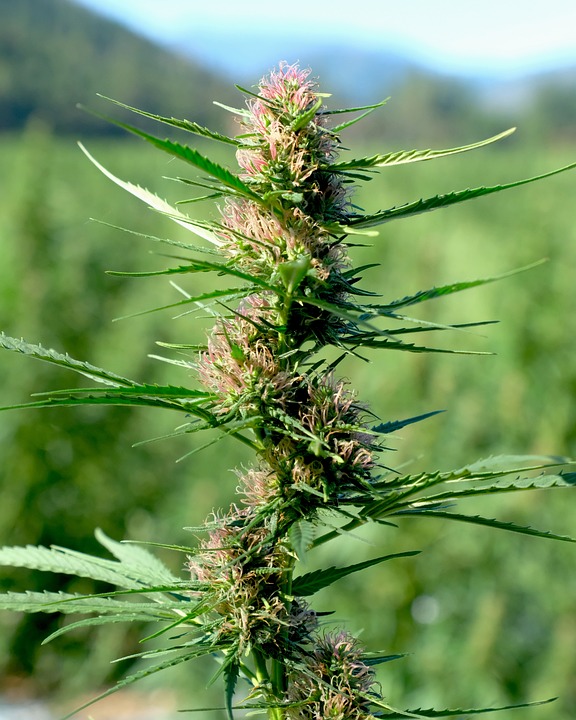Introduction
Hemp, also known as industrial hemp, is a versatile crop that has the potential to revolutionize agriculture. It is a variety of the Cannabis sativa plant species that is grown specifically for industrial uses such as fiber, seed, and oil. Hemp has been cultivated for thousands of years for its diverse uses, including textiles, paper, biofuel, food, and medicine.
Benefits of Hemp in Agriculture
There are several reasons why hemp is being hailed as the next green revolution in agriculture:
1. Sustainable Crop
Hemp is a highly sustainable crop that requires minimal water, pesticides, and fertilizers to grow. It can thrive in a variety of soil types and climates, making it a versatile and resilient crop.
2. Carbon Sequestration
Hemp has the ability to sequester large amounts of carbon dioxide from the atmosphere through photosynthesis. This makes it an effective tool in combating climate change and reducing carbon emissions.
3. Soil Regeneration
Hemp has deep roots that help to break up compacted soil and improve its structure. It also absorbs toxins and pollutants from the soil, making it a valuable crop for remediation of contaminated land.
Uses of Hemp
Hemp has a wide range of industrial and commercial uses, including:
1. Textiles
Hemp fiber is known for its strength and durability, making it ideal for textiles and clothing. It is also naturally resistant to mold, UV rays, and pests.
2. Paper
Hemp can be used to make high-quality paper products that are more sustainable and environmentally friendly than traditional wood pulp paper.
3. Biofuel
Hemp seeds can be processed into biofuels such as biodiesel and ethanol, which are renewable alternatives to fossil fuels.
4. Food
Hemp seeds are a nutritious superfood that is rich in protein, omega-3 fatty acids, and antioxidants. They can be eaten raw, roasted, or ground into hemp flour.
5. Medicine
Hemp contains cannabidiol (CBD), a non-psychoactive compound that has numerous health benefits, including pain relief, anti-inflammatory properties, and anxiety reduction.
Conclusion
In conclusion, hemp has the potential to be the next green revolution in agriculture due to its sustainability, versatility, and numerous industrial and commercial uses. By embracing hemp cultivation and utilization, we can promote environmental stewardship, economic growth, and healthier lifestyles.
FAQs
Q: Is hemp the same as marijuana?
No, hemp and marijuana are different varieties of the Cannabis sativa plant species. Hemp contains very low levels of THC, the psychoactive compound in marijuana, and is cultivated for industrial uses.
Q: Is hemp legal to grow?
The legal status of hemp cultivation varies by country and region. In many places, hemp cultivation is legal for industrial purposes, while marijuana cultivation remains illegal.
Q: How can I use hemp products in my daily life?
You can incorporate hemp products into your daily life by using hemp textiles, paper, food products, and CBD oil. These products are widely available in stores and online.
[ad_2]
